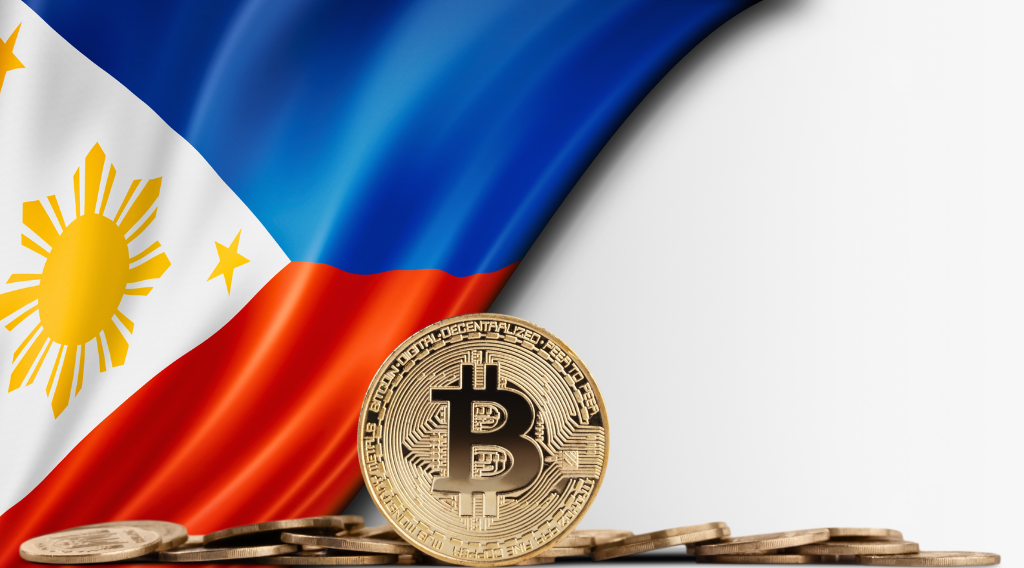The Philippines has moved from warnings to action against offshore crypto platforms. Days after an August 1, 2025 investor advisory, the Securities and Exchange Commission (SEC) named 10 major exchanges operating without authorization under the new Crypto Asset Service Provider (CASP) rules. Within 24 to 48 hours, internet service providers began returning carrier-branded block pages. PLDT/Smart moved first, and Globe Telecom followed soon after. BitPinas confirmed the blocks on August 7 around 5:00 a.m. PHT, while Decrypt reported that some sites became inaccessible on PLDT as early as August 6.
What changed under the CASP framework
The CASP rules took effect on July 5, 2025. Any platform serving Filipino users must now secure authorization and meet anti–money laundering and consumer-protection standards. In its notice, the SEC said the named platforms continue to target local users without registration. It warned of heightened risks, including total loss of funds, lack of legal recourse, and exposure to money laundering and terrorist financing.
The agency also laid out tougher tools. It can issue cease-and-desist orders, request website and app-store blocks, and pursue criminal complaints under the Securities Regulation Code and the Financial Products and Services Consumer Protection Act. Binance faced similar access limits in 2024, signaling that the regulator is willing to pull network-level levers when needed.
How the ISP blocks rolled out—and who’s affected
Users on PLDT/Smart began seeing block pages shortly after the advisory, with Globe joining the restrictions. Heavy traders who relied on offshore venues felt the change first. Many reported hitting blocks before they could even log in.
The clampdown could steer activity toward locally registered providers and bank-linked wallets. Industry watchers also pointed to a recent NTC/DICT circular on DNS controls as a likely technical path for coordinated ISP blocking, even though the SEC advisory did not spell out that mechanism.
For everyday users, the short-term pain looks like friction: blocked logins, stuck withdrawals, and a scramble to find compliant ramps. Over time, however, the market should consolidate around licensed players that meet Philippine compliance standards. That shift may reduce counterparty risk and improve consumer recourse, even if it trims choice.
The Philippines isn’t alone. Regulators across Southeast Asia are raising the bar on unlicensed platforms. In May, Thailand’s SEC ordered blocks on several exchanges, including Bybit and OKX. Indonesia tightened rules and increased taxes on foreign operators. The message is clear: cross-border “offshore” access now faces a taller wall across the region.
